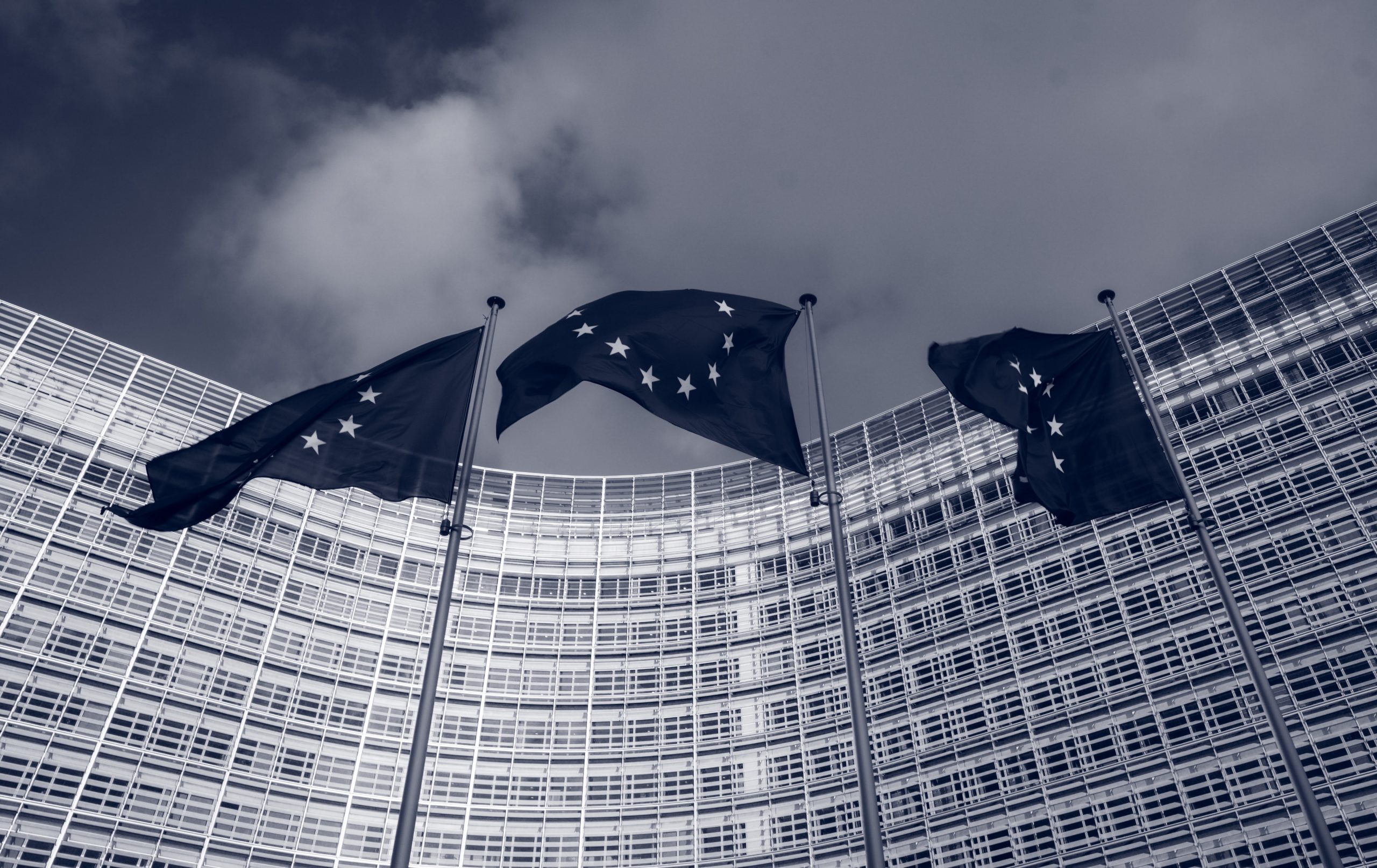On October 26, 2023, representatives of the European Commission and the Philippine government met in Brussels for the third meeting of the Subcommittee on Good Governance, Rule of Law and Human Rights under the EU-Philippines Partnership and Cooperation Agreement (PCA). Under the PCA, the EU and the Philippines meet regularly for a bilateral human rights dialog to review the Philippines’ compliance with agreements on international human rights standards.
According to a press release from the EU Commission, the Philippine government initially confirmed at the meeting that it would fulfill its obligation to uphold international human rights standards within the framework of the PCA. The Philippines spoke out against the death penalty and endorsed an anti-drug campaign approach that focuses on the rehabilitation of drug users. However, the Philippine government failed to clearly distance itself from a law enforcement-based approach. The fact that drug-related killings continue to take place as part of the so-called “war on drugs” under the current administration of President Ferdinand Marcos Jr. was also downplayed. In addition, the Philippines did not mention the brutal police violence and related impunity.
It condemned for the first time the practice of “red-tagging” (i.e., falsely accusing people of supporting the communist insurgency in the Philippines) and emphasized the need to uphold human rights when individuals are designated as terrorists. However, the government made no clear reference to the targeted “red-tagging” attacks of the National Task Force to End Local Communist Armed Conflict (NTF-ELCAC) against human rights defenders.
The EU also spoke out in favour of extending the UN Joint Programme on Human Rights (UNJP) at the meeting, but the Philippines did not take a favourable position on this. The UNJP is a three-year technical cooperation programme between the UN and the Philippines that has been in place since July 2021 and is intended to support the Philippine government in investigating cases of extrajudicial killings in the course of police operations in an appropriate manner.
In the meeting with the EU Commission, the Philippines also confirmed its commitments under the EU’s Generalized Scheme of Preferences Plus (GSP+) to protect freedom of association and assembly as well as the work of trade unionists and human rights defenders. No mention was made of the still-dire human rights situation in the Philippines or of clear measures to significantly improve the situation. The GSP+ grants the Philippines duty-free entry into the EU for over 6,000 products, which requires compliance with international human rights standards. However, the Philippines referred to its technical cooperation with the EU under the GO-JUST II program, which aims to improve access to justice but does not address impunity.
On November 21, 2023, the EU Commission also published its GSP+ assessment reports (2020-2022). The reports question how the Commission “handles the GSP’s human rights conditionality and highlight the need for reform to make the program more transparent and effective”, explained Claudio Francavilla from Human Rights Watch (HRW). The EU considered the Philippines’ human rights performance “improved”, despite drug-related killings still taking place, shrinking civic space and a continuous lack of accountablity for human rights violations. At the peak of the so-called “war on drugs,” the EU failed to use the GSP+ mechanism to pressure the Philippine government to address the situation. As Francavilla correctly criticised, the GSP+ mechanism requires clear, public benchmarks for compliance, otherwise its human rights conditionality has little credibility.
Photo © Christian Lue on Unsplash

